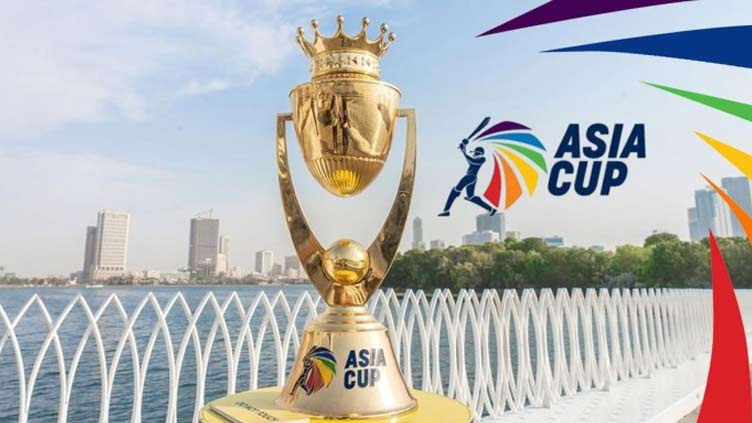The India Pakistan cricket conflict has once again overshadowed major Asian cricket events. According to Indian media on Monday, the 2025 Asia Cup—scheduled to take place in India—is unlikely to be held due to the ongoing tensions between the two nations.
In response to rising political disputes with Pakistan, the Board of Control for Cricket in India (BCCI) has reportedly decided to withdraw from all Asian Cricket Council (ACC) tournaments. This includes both the Asia Cup and the Women’s Emerging Asia Cup.
Sources claim the BCCI cited Pakistan’s leadership role in the ACC as a key reason for its decision. Mohsin Naqvi, Pakistan’s Interior Minister and Chairman of the Pakistan Cricket Board (PCB), also serves as the current ACC President. An unnamed BCCI official stated, “The Indian team cannot participate in a tournament headed by a Pakistani minister.”
The India Pakistan cricket conflict has been simmering for months. As a result, the BCCI has verbally informed the ACC of its withdrawal from the Women’s Emerging Asia Cup, set to take place in Sri Lanka in June. The men’s Asia Cup, scheduled for September in India, now faces cancellation. Although a formal letter of withdrawal hasn’t been sent yet, internal discussions are reportedly ongoing between the BCCI and the Indian government.
This decision also follows recent remarks from India’s head coach Gautam Gambhir. Just before India launched unprovoked airstrikes on Pakistan, Gambhir said, “My personal answer to this is absolutely no,” when asked whether India should play cricket with Pakistan—even at neutral venues. He further said, “Till all this doesn’t stop, there should not be anything between India and Pakistan.”
The India Pakistan cricket conflict has kept bilateral cricket suspended since 2013. The two countries now only face off in international tournaments and at neutral venues. Despite Pakistan sending its men’s team to India for the 2023 World Cup, India refused to tour Pakistan for the Champions Trophy. They instead played their matches in Dubai.
Matches between India and Pakistan remain massive sporting events. Tickets sell out within hours. Yet political friction continues to keep both sides from engaging on the cricket field.
Gambhir stressed that the final decision lies with the Indian government and the BCCI. “This is not up to me,” he said. “It’s the government’s decision. Whatever they decide, we should respect it and not politicise it.”
The India Pakistan cricket conflict has even impacted athletics. Following the Pahalgam attack in Indian-occupied Kashmir, India’s Olympic gold medallist Neeraj Chopra withdrew his invitation to Pakistan’s Arshad Nadeem for an athletics meet on May 24 in Bengaluru.
As long as tensions between the neighbours continue, cricketing ties remain uncertain. Politics and sport seem once again inseparable in South Asia’s fiercest rivalry.


